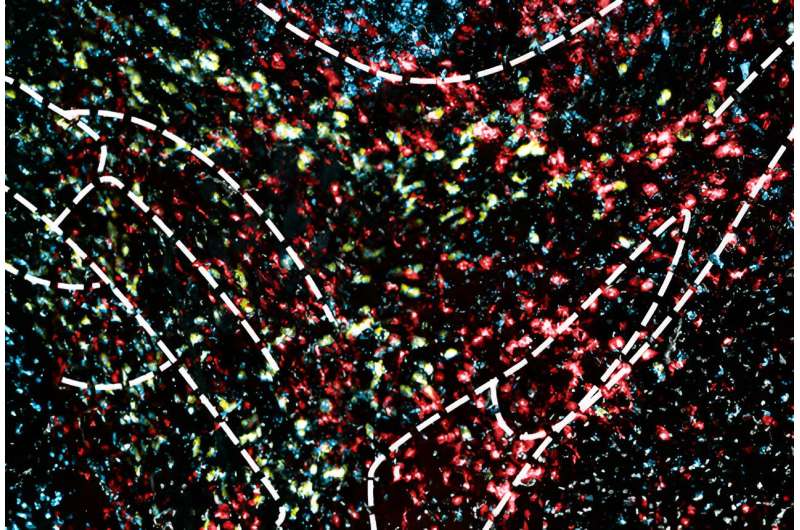This article has been reviewed according to Science X's editorial process and policies. Editors have highlighted the following attributes while ensuring the content's credibility:
fact-checked
peer-reviewed publication
trusted source
proofread
Dopamine control: Turning off one ion channel made mice smarter. Turning off another made them more motivated.

Researchers have identified two ion channel switches that regulate the release of dopamine in the brain, a first step that might one day lead to therapeutics for a wide range of diseases and disorders that currently have few solutions.
The switches help regulate learning and motivational state in mice. Humans also have hundreds of these channels, which govern many chemical and hormonal processes that influence behavior and mood. The University of Washington School of Medicine research team hopes to identify drugs to target these channels. Those drug candidates could then be tested in clinical trials.
"The ability to precisely manipulate how dopamine-producing neurons of the brain regulate different behaviors is a major step toward developing better therapies for a range of mental illnesses," said Larry Zweifel, professor of psychiatry & behavioral sciences at the UW School of Medicine.
The research is highlighted in a new paper, published Aug. 11 in the journal Science Advances.
Seventeen investigators in Zweifel's lab worked on the study with postdoctoral fellow Barbara Juarez, the paper's lead author. She is now a professor at the University of Maryland, Baltimore.
"This is what we've been working toward for some time: to understand how dopamine signals are regulated so that we can come up with better therapeutics," Zweifel said. "They may not target these specific channels, but now that we're beginning to get a handle on the mechanism, we might be able to find other players in the process that make for better targets."
The researchers hypothesized that two ion channels, Kv4.3 and BKCa1.1, were integral to dopamine release. They discovered that these channels governed the pattern of dopamine neuron firing and dopamine release on different time scales to influence separate phases of reinforced behavior in mice.
When dopamine is released in the brain, it comes out in two differing patterns: a slow, constant release called "tonic" and a rapid, high-concentration release called "phasic." The two patterns of dispersal regulate the brain in different ways to allow it to perform specific functions.
The scientists hypothesized that the patterns are regulated by these two channels, so they genetically mutated them to see whether and how the release patterns—and the animals' behavior—would change.
When the researchers removed the channel that controls tonic activity, it drove the mice to a hypertonic flow, which in turn created an increased motivational state. In this condition, once the animals learned a task, they were more motivated to re-attempt it, and performed the task more quickly. When researchers removed the channel that controls phasic activity, it increased the transient high levels of dopamine in response to specific events. This caused the animals to learn much faster.
The researchers think they have one key to "improving cognitive function, for example, in patients who have learning disabilities," Zweifel said. "Or increasing motivation in individuals who have depression, where you have a reduced motivational state. We're hoping that's ultimately what we can do."
Addiction, schizophrenia and autism spectrum disorder are other areas in which these findings might hint at therapeutic treatments.
More information: Barbara Juarez et al, Temporal scaling of dopamine neuron firing and dopamine release by distinct ion channels shape behavior, Science Advances (2023). DOI: 10.1126/sciadv.adg8869





















